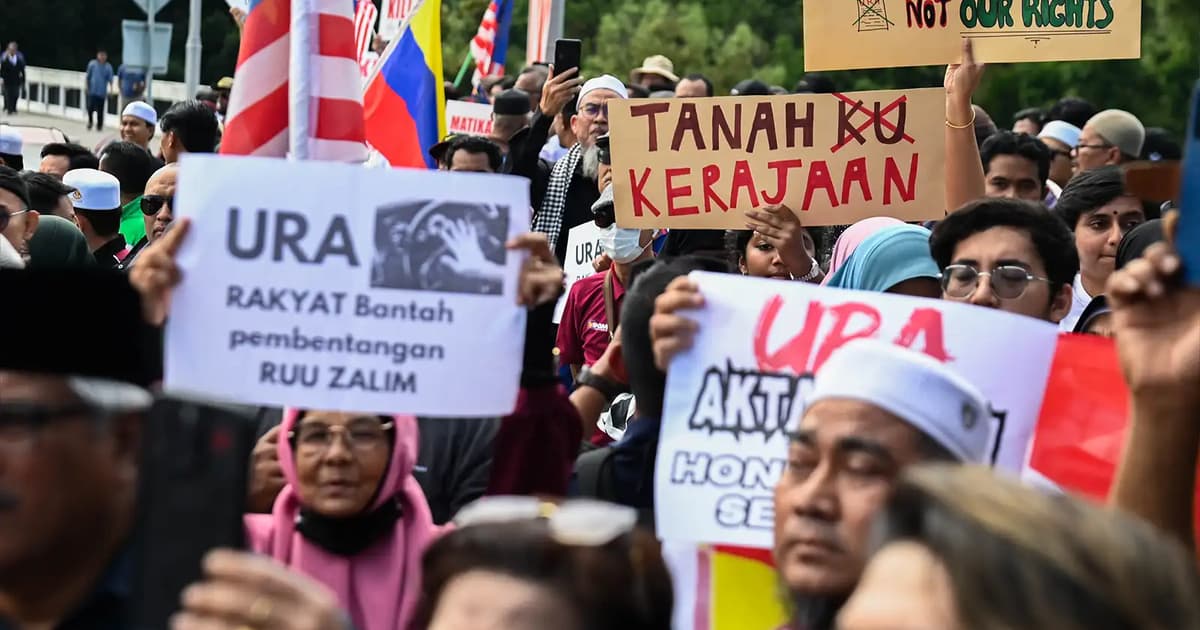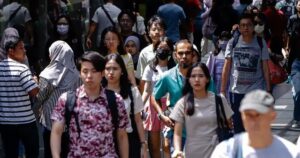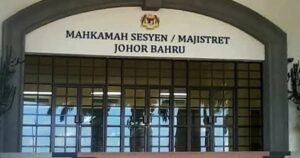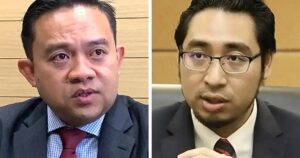
Local councils — the third tier of governance and the one closest to the people — appear to be steadily losing their powers.
Instead of planning and managing their respective towns and cities, local councils are increasingly forced to accept top-down directives — presently from state governments, and soon, from the housing and local government ministry.
Once the Urban Renewal Act (URA) is passed in Parliament, the housing and local government minister will wield ultimate authority in urban redevelopment through a federal executive committee, which the minister will chair.
The National House Buyers Association (HBA) has already warned that the URA was drafted without consultation, transparency or regard for local needs.
Warning signs
Selangor is often regarded as ahead of other states on governance matters, but its local councils have shown how badly things can go wrong.
Since 2008, their performance has declined sharply, with complaints continuing to pile up. Yet property development carries on unchecked, with little effort to resolve the consequences of uncontrolled sprawl.
Surely flash floods, clogged drains, rat infestations, illegal renovations, poor public transport and endless traffic jams are at the top of the lists kept at the state’s local councils and at the ministry itself.
So, why is the ministry not prioritising these issues?
Even large-scale projects such as MRT1, MRT2, LRT3 and the proposed MRT3, have failed to integrate surrounding urban areas properly, let alone deliver on the much publicised transit oriented development (TOD).
Basic services have been left to rot with community needs unattended.
Privatisation of parking collection
The Selangor government’s move to privatise parking collections in Shah Alam, Subang Jaya, Petaling Jaya and Selayang is a case in point.
Without public consultation, and without even informing the local councils, the state signed a concession agreement handing 50% of parking revenues to a private firm for 10 years.
This has stripped the affected local councils of a crucial income stream that should have been used for road repairs, bus stops, walkways and public transport upgrades.
Instead, millions will now flow into private pockets while residents endure declining services and rising costs.
URA’s dark side
The URA is even more alarming. Once passed, it will give the minister sweeping powers to override local councils in redevelopment projects.
The ministry’s record offers little comfort. It has ignored public feedback, favoured politically driven projects and sidelined consultation.
The URA risks becoming a legalised pathway for land grab and questionable developments.
As reported by FMT on Aug 10, residents are already complaining of being harassed by developers seeking their consent for certain redevelopment projects.
With the URA, such abuse could become the norm, with the risk that the ministry may side with developers, and not citizens.
Parliament must act
Both the parking deal and the URA reflect the same new disease: centralised decision-making without proper planning, consultation and accountability.
Local councils are reduced to powerless executors of policies they did not design, while public money is diverted without transparency.
Under the proposed URA, minority house owners who resist surrendering their homes may get “bulldozed” if the 80% majority threshold is reached, leaving them without any further legal recourse.
On this basis alone, Parliament must reject the URA in its current form, as urged by the HBA.
The ministry has shown no justification for acquiring more control over local councils.
Malaysia needs the opposite: stronger, more autonomous local councils, mandatory public consultation on major projects, and clear safeguards against political interference at both state and federal levels.
If passed, the URA will open the floodgates to land grabs by politically connected developers and fuel a new wave of corruption and bribery in urban Malaysia.
For local councils to regain public trust, they must be freed from political strangleholds, empowered to address real community problems, and made directly accountable to the people they serve.
Anything less will only deepen the cycle of abuse and mismanagement disguised as “development”.
The views expressed are those of the writer and do not necessarily reflect those of FMT.






